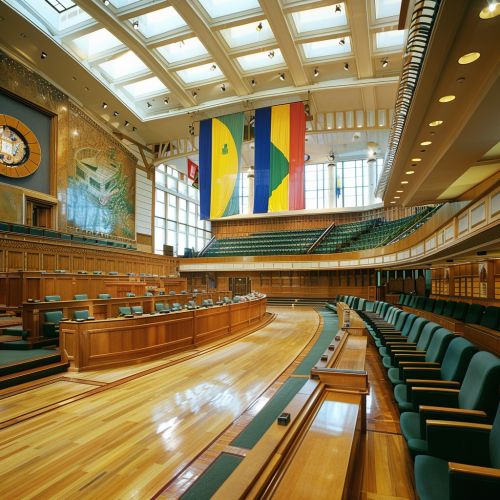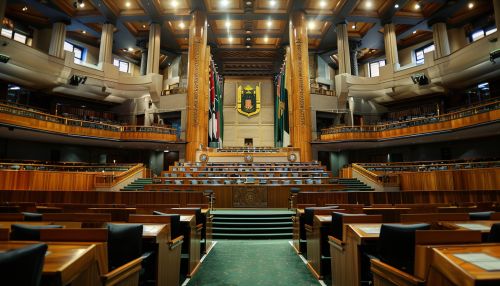South Africas State Budget
Overview
The state budget of South Africa is a comprehensive financial plan that outlines the government's projected revenue and expenditures for a fiscal year. It is a critical tool for economic management, public accountability, and policy-making, reflecting the government's priorities and strategic objectives. The budget is prepared by the National Treasury, under the guidance of the Minister of Finance, and is presented to the Parliament for approval.


Revenue Sources
The South African government derives its revenue from various sources. The largest portion comes from taxes, which are administered by the South African Revenue Service (SARS). These include income tax, corporate tax, value-added tax (VAT), customs duties, and excise taxes. Other significant sources of revenue include dividends from state-owned enterprises, royalties from mineral resources, and grants from international organizations.
Expenditure
The government's expenditure is categorized into three main areas: current payments, transfers and subsidies, and payments for capital assets. Current payments include salaries and wages for public servants, goods and services, and interest on the national debt. Transfers and subsidies include social grants, transfers to provinces and municipalities, and contributions to international organizations. Payments for capital assets include infrastructure development and maintenance, such as roads, schools, hospitals, and housing.
Budget Process
The budget process in South Africa is a complex, year-round activity that involves various stages. It begins with the strategic planning phase, where government departments identify their priorities for the coming year. This is followed by the formulation phase, where the National Treasury allocates resources based on these priorities and the available revenue. The proposed budget is then presented to the Parliament for debate and approval in the enactment phase. Once approved, the budget is implemented and monitored throughout the fiscal year, with regular reports to the Parliament on the progress and performance.
Fiscal Policy
The state budget is a key instrument of South Africa's fiscal policy, which aims to promote economic stability, growth, and social welfare. The government uses the budget to manage the economy by adjusting its spending and taxation levels. For example, during periods of economic downturn, the government may increase spending or reduce taxes to stimulate demand and boost economic activity. Conversely, during periods of economic boom, the government may reduce spending or increase taxes to prevent overheating and inflation.
Challenges
Despite its critical role, the South African state budget faces several challenges. These include revenue shortfalls due to economic downturns and tax evasion, rising public debt, and inefficiencies in public spending. The government also grapples with the challenge of balancing its fiscal objectives with the need to address pressing social issues, such as poverty, unemployment, and inequality.
